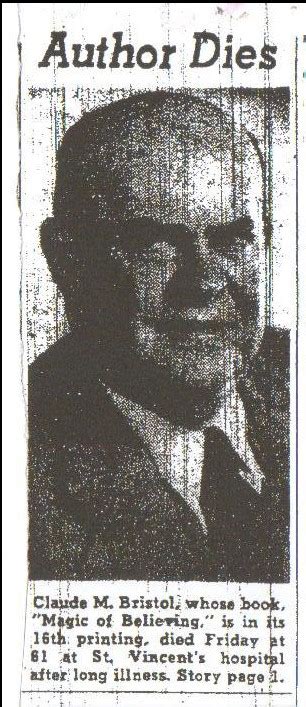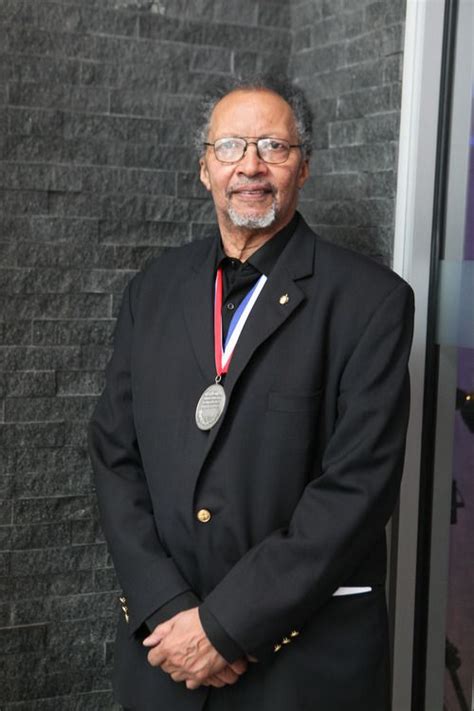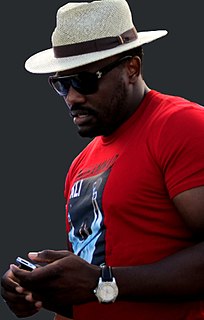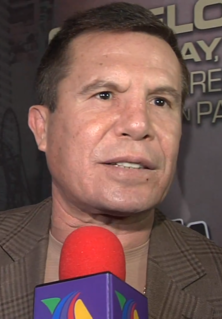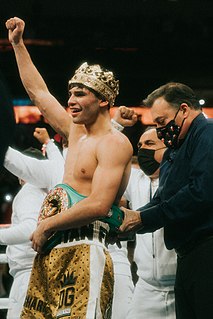A Quote by Muhammad Ali
It's the repetition of affirmations that leads to belief. And once that belief becomes a deep conviction, things begin to happen.
Quote Topics
Related Quotes
It goes with the passionate intensity and deep conviction of the truth of a religious belief, and of course of the importance of the superstitious observances that go with it, that we should want others to share it - and the only certain way to cause a religious belief to be held by everyone is to liquidate nonbelievers. The price in blood and tears that mankind generally has had to pay for the comfort and spiritual refreshment that religion has brought to a few has been too great to justify our entrusting moral accountancy to religious belief.
It is commonly said that if rational argument is so seldom the cause of conviction, philosophical apologists must largely be wasting their shot. The premise is true, but the conclusion does not follow. For though argument does not create conviction, the lack of it destroys belief. What seems to be proved may not be embraced; but what no one shows the ability to defend is quickly abandoned. Rational argument does not create belief, but it maintains a climate in which belief may flourish.
All personal breakthroughs begin with a change in beliefs. So how do we change? The most effective way is to get your brain to associate massive pain to the old belief. You must feel deep in your gut that not only has this belief cost you pain in the past, but it's costing you in the present and, ultimately, can only bring you pain in the future. Then you must associate tremendous pleasure to the idea of adopting a new, empowering belief.
The patient typically finds himself impelled by some deep, inner conviction that something is true, or right, or virtuous: a conviction that doesn't seem to owe anything to evidence or reason, but which, nevertheless, he feels as totally compelling and convincing. We doctors refer to such a belief as 'faith'.
Religion becomes a matter of belief, and belief acts as a limitation on the mind; and the mind then is never free. But it is only in freedom that you can find out what is true, what is God, not through any belief; because your belief projects what you think God ought to be, what you think ought to be true. If you believe God is love, God is good, God is this or that, your very belief prevents you from understanding what is God, what is true.
Until the content of a belief is made clear, the appeal to accept the belief on faith is beside the point, for one would not know what one has accepted. The request for the meaning of a religious belief is logically prior to the question of accepting that belief on faith or to the question of whether that belief constitutes knowledge.
If you have a belief and you come against an experience which the belief says is not possible, or, the experience is such that you have to drop the belief, what are you going to choose — the belief or the experience? The tendency of the mind is to choose the belief, to forget about the experience. That’s how you have been missing many opportunities when God has knocked at your door.

